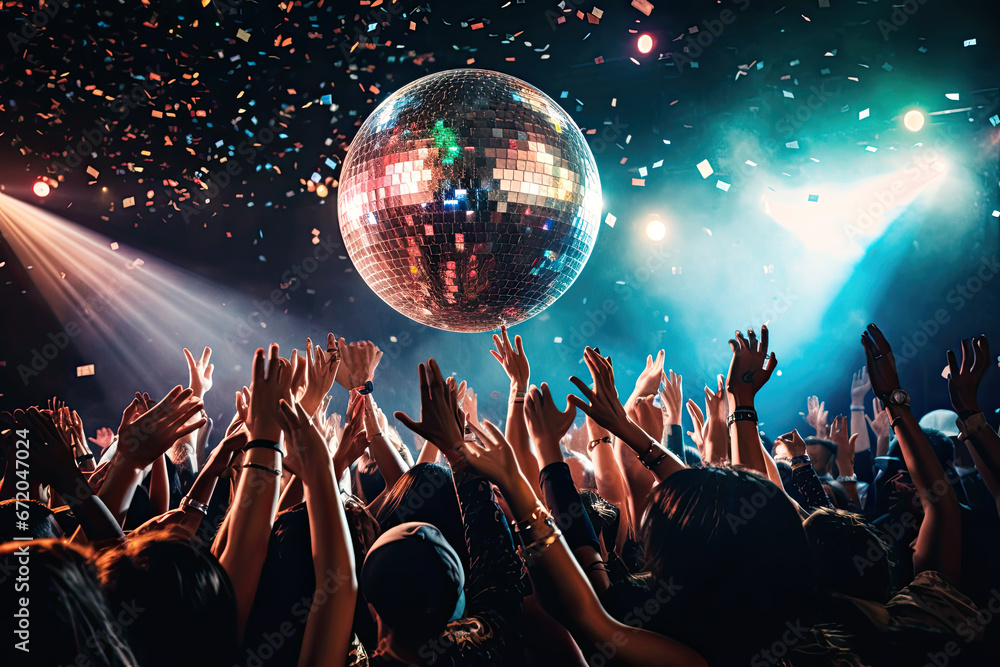HISTORY OF DISCO

A History That Matters
The Roots of Disco
Disco was born from the rich traditions of soul, funk, and Latin rhythms. In underground clubs, particularly in urban centers like New York City, communities of color and LGBTQ+ pioneers forged a new sound that reflected their struggles, celebrations, and aspirations. Disco was a space where individuality thrived, and creativity knew no bounds.
Cultural Impact
The Backlash and Resilience
The infamous “Disco Demolition Night” of 1979 was a stark reminder of the societal resistance to progress and inclusion. What began as a promotional event (although fueled by hatred of disco) escalated into an attack on broader diversity values. Despite this, disco’s spirit endured, influencing countless genres and inspiring movements that champion diversity and creativity.
Disco’s Legacy
Today Disco’s influence can still be felt in music, fashion, and popular culture. It laid the groundwork for modern genres like house and electronic dance music, and its ethos continues to inspire initiatives like International Disco Day™. By celebrating disco’s history, we honor its role as a catalyst for cultural and social progress.
